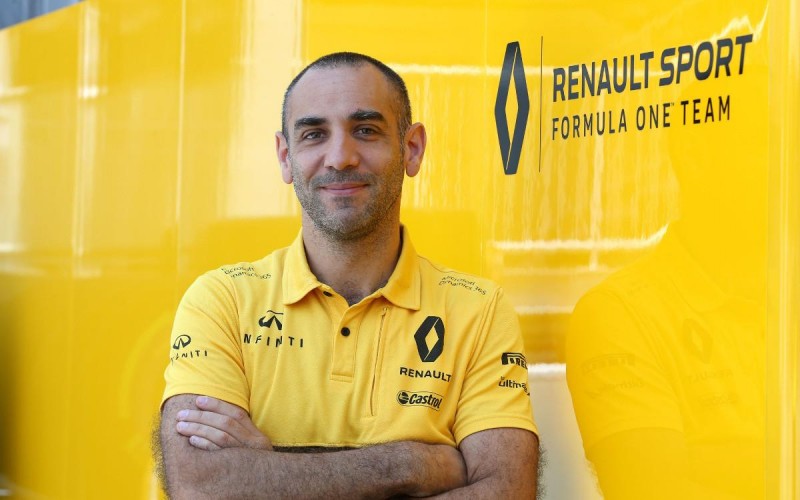Ahead of Sunday’s grand finale in Abu Dhabi, Tahawul Tech caught up with Renault Sport’s Formula One Team managing director Cyril Abiteboul to discuss the team’s partnership with Microsoft, and how this is impacting the overall goal of returning to championship status by 2020.
It’s true what they say with Formula 1: blink, and you’ll miss it. But designing, manufacturing and operating the world’s fastest race-cars – built to travel at speeds in excess of 200mph – is no small feat.

And while it may not seem obvious to the outside world, there is a key component in this entire process that the sport fundamentally relies on: data.
“Formula 1 is the most data-centric sport in operation,” says Renault Sport’s Formula One Team managing director, Cyril Abiteboul. “Data underpins everything we do, and having real-time access to information across both our UK and France bases, alongside additional locations across the globe during the racing series, is crucial for our progress as a team.”
Each Renault Sport race car contains over 200 sensors – all of which deliver real-time insights on the car’s performance at every turn.
In addition, the supercomputer involved in testing, developing and designing the 20,000 plus parts that comprise one Renault race car generates a massive 50TB of data per week. The team’s wind tunnel tests 600 components per week, and the computational fluid dynamics (CFD) cluster has a huge 36TB of RAM and produces 150GB of data per hour.
It is for this reason that Renault sought to find an IT partner that could provide an agile, yet secure platform for them to host, store and analyse this volume of data. Microsoft was already a partner of the 450-person Lotus F1 team that Renault acquired back in 2015, and seemed the obvious choice to Abiteboul at the time.
Renault has since adopted Microsoft’s ERP solution to enable “seamless integration” across design, manufacturing and operational departments. This also assists with tracking the location and progress of parts in the development stages prior to race day, which Abiteboul notes as a “critical” component of the design process.
“It is vital that we have access to real-time data to provide us with the current status of each part and the history of that part, including whether any faults have previously been recorded,” he says.
In addition, Renault decided to switch to the cloud-based Dynamics 365 model so that the team can store and analyse all this data without having to ship its servers around the globe for the 21 races it competes in every year. This also means the team can remotely receive, analyse and distribute data insights from a variety of locations across the globe, meaning no time is wasted in working towards creating a car with optimal performance.
“All aspects of Formula 1 are extremely time-sensitive, and our deadlines are non-negotiable,” says Abiteboul. “Every minute we lose across the organisation is a minute lost in improving the overall performance of the car. We know that the race will start at 5pm on Sunday, and we have to be 100 percent ready for when the lights go green.”
For the full interview, stay tuned for the December issue of CNME – out soon.





